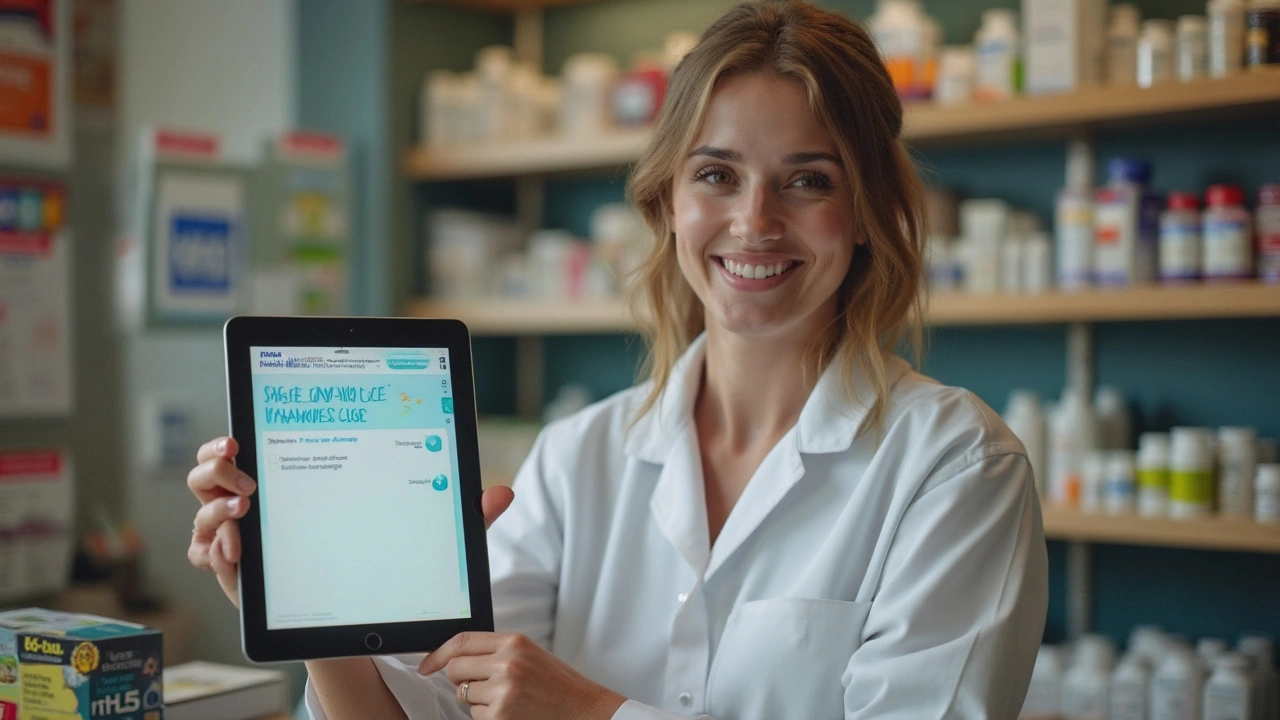Pharmacy Regulation: How It Affects Your Meds and Safety
Regulation shapes what medicines reach you, where you can buy them, and how safe those meds are. From local drugstores to international online pharmacies, rules exist to protect patients — but they don’t always stop risky sellers. Knowing the basics helps you avoid fake drugs, illegal imports, and unsafe suppliers.
How regulation affects you
Regulators set standards for manufacturing, labeling, shipping, and advertising. That’s why an FDA import ban or a company on a regulator’s “red list” matters: shipments from that source may be detained or blocked. You’ve probably seen examples in the news — companies hit with import bans, patent disputes that change which generics are available, or environmental warnings about veterinary drugs. Those actions change which products are legal to sell and which ones you should avoid.
Online pharmacies add another layer: some operate legally across borders, others hide behind low prices and shady practices. When a seller ignores prescription rules or offers controlled drugs without paperwork, that’s a red flag. Even if a site ships internationally, your customs or local regulator can intercept packages, and you could be left without your medicine or facing legal trouble.
Spotting safe pharmacies and smart shopping tips
Before you buy, do this quick check: look for a visible pharmacy license, a working phone number and address, and clear prescription requirements. Legit pharmacies will ask for a valid prescription for prescription-only drugs and will have a licensed pharmacist available to answer questions. If a site promises prescription meds with no script, walk away.
Use regulator resources: search the FDA, EMA, or your national health authority for warnings or banned lists. Check recent news — import bans, manufacturing violations, and recalls show real problems faster than glowing reviews. Watch for odd payment methods (anonymous crypto only), prices that look unreal, or poor packaging photos. Those often mean corner-cutting or counterfeit products.
If you need cheaper options, compare legitimate alternatives rather than risk illegal sources. Many trustworthy articles review legal alternatives to costly meds and list reputable international pharmacies that require prescriptions. Talk with your doctor or local pharmacist about generics, patient assistance programs, or safe international suppliers they trust.
Finally, report suspicious sellers. Regulators rely on reports to catch bad actors. If a shipment is stopped, keep receipts and communication records; they can help complaints or refunds. Being a careful buyer protects your health and makes the whole system safer for everyone.

